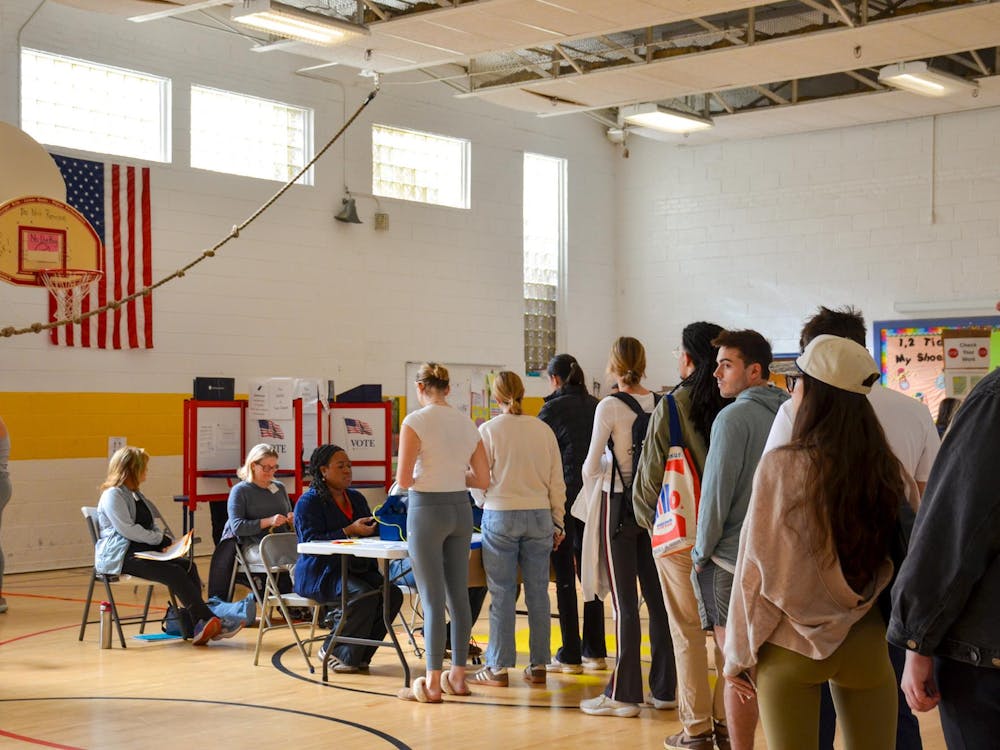Nursing School Dean Jeanette Lancaster spoke before the House of Representatives Subcommittee on Labor, Health and Human Services, Education, and Related Agencies last week, asking for increased funding for nursing education in the 2009 fiscal year budget.
Lancaster, as president of the American Association of Colleges of Nursing, was one of 17 people addressing the subcommittee on behalf of nursing education.
Those who spoke before her were patients or the parents of children with severe health problems, Lancaster said.
"I was there to speak on behalf of more money," she said. "The students we educate are the people who would care for the people that spoke before [me]."
Representing the AACN, Lancaster requested $200 million for Title VIII Nursing Workforce Development Programs, which provide grants and other support for nursing education. These programs include the Nurse Faculty Loan Program, Lancaster said, as well as Advanced Education Nursing Grants, which support the graduate education of nurse practitioners, clinical specialists and faculty. Another featured program supports underrepresented and minority students, Lancaster added.
The funding would pay for tuition and fees for people to earn graduate degrees, Lancaster said, noting this is essential because "without people that have graduate preparation, you don't have faculty, and without faculty, you don't have students."
Lancaster said she has experienced firsthand the benefits and success of Title VIII, as the money she received paid for her graduate education.
"The point was the government received a good return on their investment from me because I've worked consecutively since getting my degree," she said. "That's very typical."
Lancaster added that it is rare for nurses to accumulate a lot of debt.
The funding Lancaster and many nurses have received is especially pertinent considering the current shortage of nurses and, primarily, faculty, Lancaster said.
Suzanne Begeny, AACN director of governmental affairs, noted that 40,285 applicants were denied admission from baccalaureate and graduate programs last year, in many cases because of a lack of faculty.
The University received 404 applicants for the fall 2008 term, but there are only 56 spots, Lancaster said.
In the event of increased funding, she said, "we would have more money to make sure we can teach the next population of nurses."
Despite the shortage of nurses, Begeny said the outcome of Lancaster's speech is unclear. She noted that while House Appropriations Committee Chairman Dave Obey is very committed to nursing programs, there are many other budget priorities at this time.
"Given the varying political factors, it's still uncertain whether or not funding for nursing education will increase," she said.






